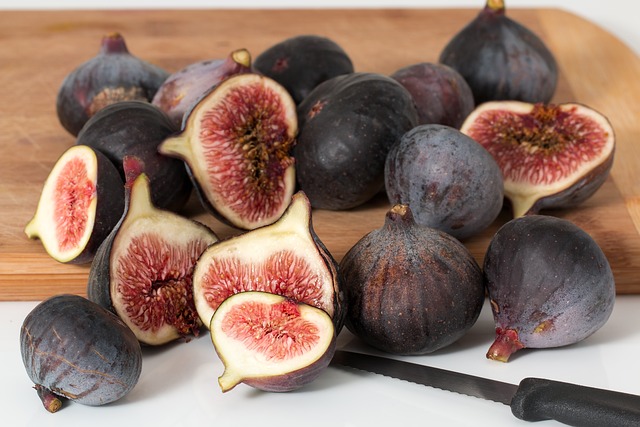The Ultimate Guide to Probiotics: Boosting Your Gut Health
Our gut health plays a vital role in our overall well-being. A healthy gut not only aids in digestion but also supports a strong immune system and mental clarity. One way to promote a healthy gut is by incorporating probiotics into our diet.
What Are Probiotics?
Probiotics are live bacteria and yeasts that are good for our health, especially our digestive system. These good bacteria help maintain a balance of microorganisms in our gut, which is essential for proper digestion and nutrient absorption.
The Benefits of Probiotics
There are numerous benefits of consuming probiotics:
- Improved Digestion: Probiotics help break down food and absorb nutrients more effectively, reducing digestive issues such as bloating, gas, and constipation.
- Enhanced Immune Function: A significant portion of our immune system resides in our gut. Probiotics stimulate the production of antibodies and strengthen our immune defenses, reducing the risk of infections and allergies.
- Reduced Inflammation: Imbalances in gut bacteria can lead to chronic inflammation, which is linked to various health issues. Probiotics help restore the balance and alleviate inflammation.
- Better Mental Health: The gut-brain connection is well-established. Probiotics can positively impact our mood and cognitive function by promoting the production of neurotransmitters like serotonin and GABA.
- Weight Management: Certain strains of probiotics have been associated with weight loss and a reduced risk of obesity. They can help regulate appetite, control cravings, and improve metabolic health.
Sources of Probiotics
Probiotics can be found in various fermented foods and supplements. Here are some common sources:
- Yogurt: Look for yogurts labeled as containing live and active cultures. Greek yogurt is an excellent choice, as it contains higher protein content and fewer carbohydrates.
- Kefir: Kefir is a fermented milk drink that is packed with probiotics. It is thicker than regular milk and has a tangy taste. Kefir is also available in non-dairy options like coconut or almond milk.
- Sauerkraut: Sauerkraut is made from fermented cabbage and contains natural probiotics. Ensure you choose refrigerated sauerkraut, as canned versions often lack live cultures.
- Miso: Miso is a traditional Japanese seasoning made by fermenting soybeans with salt and a specific fungus. It is commonly used in soups and dressings and provides a good amount of probiotics.
- Kimchi: Kimchi is a Korean dish made from fermented vegetables, including cabbage and radishes, flavored with spices. It is a rich source of probiotics and adds a delicious kick to meals.
Choosing the Right Probiotic Supplement
If obtaining probiotics from food sources is challenging, supplements can be a convenient alternative. Here are a few factors to consider when selecting a probiotic supplement:
- Strain Diversity: Look for a supplement that offers a variety of strains, including Lactobacillus and Bifidobacterium. Different strains have different benefits, so a diverse combination is ideal.
- CFU Count: CFU (colony-forming units) indicates the number of viable bacteria in a supplement. Choose a supplement with a higher CFU count to ensure sufficient amounts of probiotics reach your gut.
- Delayed Release Capsules: Acidic stomach environments can kill some probiotic strains. Opt for supplements that use delayed-release capsules to ensure the bacteria survive the stomach acid and reach the intestines intact.
- Expiration Date: Always check the expiration date to ensure the viability of the probiotic strains. Using expired supplements may be ineffective.
Introducing Probiotics to Your Diet
When incorporating probiotics into your diet, it’s best to start slowly and increase your intake gradually. This allows your body to adjust to the new bacteria and reduces the chance of digestive discomfort.
Try







